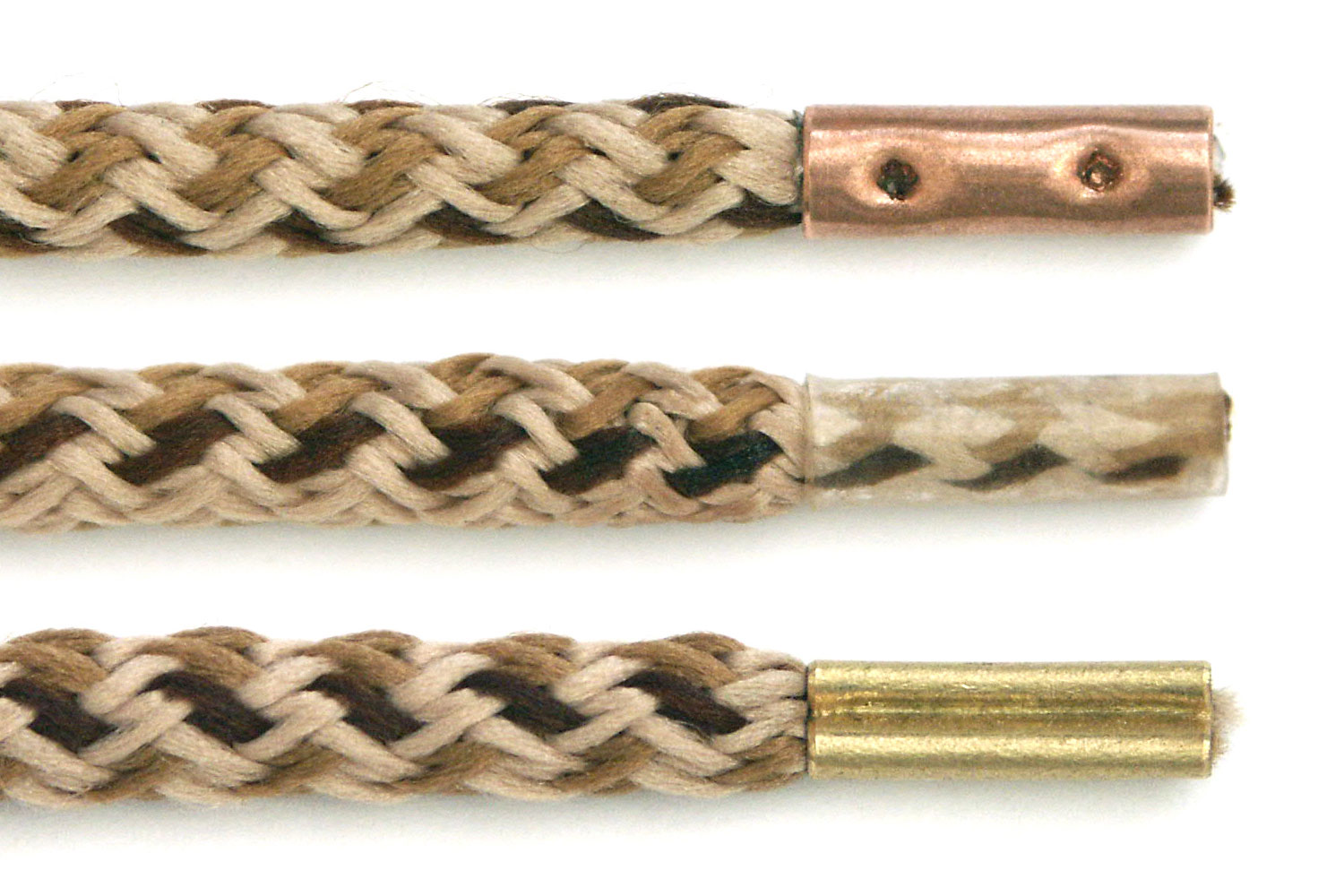UNSW on X: Eventually, the telomere is too short – the cell stops dividing and either destroys itself or becomes inactive. As we age, many of our cells reach this stage, so
By A Mystery Man Writer
Description

Telomeres (not finished) Flashcards
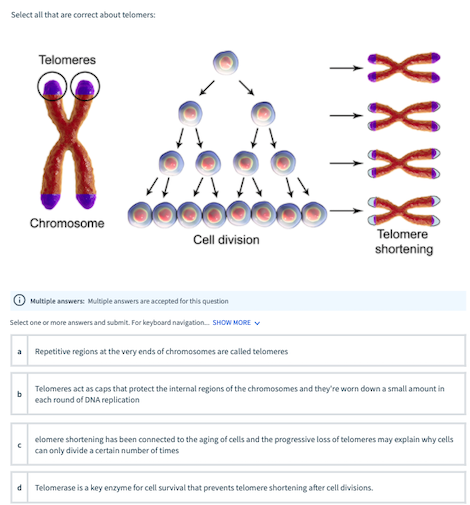
Solved Select all that are correct about belomers: Telomeres
If telomeres shorten at each cell division, how come each successive generation doesn't have shorter telomeres? : r/askscience

Breakthrough discovery in plants' DNA may lead to slowing aging process in humans

Immortal Cells, Slideshow
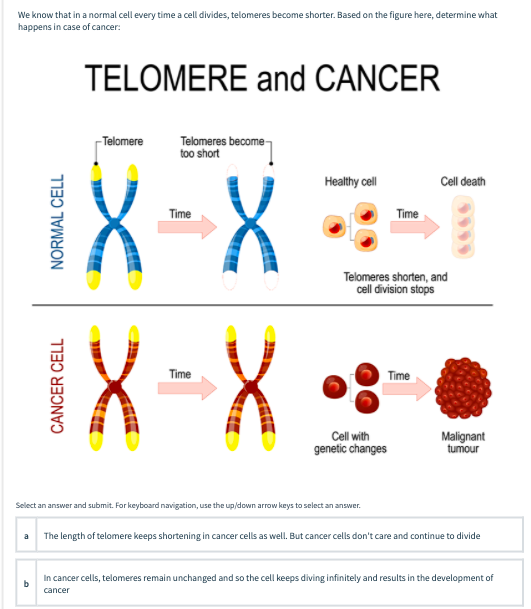
Solved Select all that are correct about belomers: Telomeres
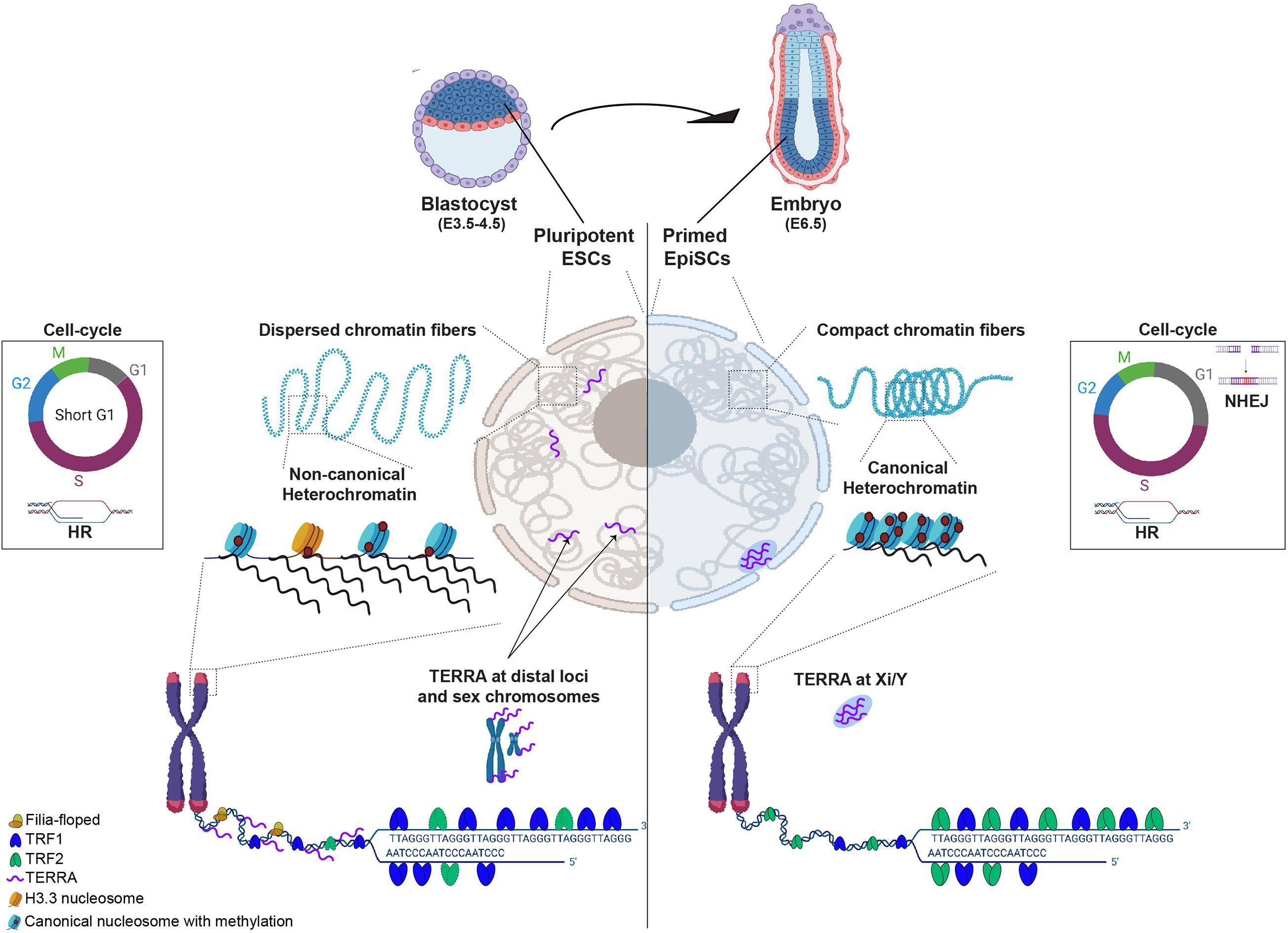
Frontiers A Tale of Two States: Pluripotency Regulation of Telomeres

Chromosome telomere length and structural integrity in eukaryotic cells
What will happen to a chromosome during cell division if it has no centromere? - Quora
from
per adult (price varies by group size)
